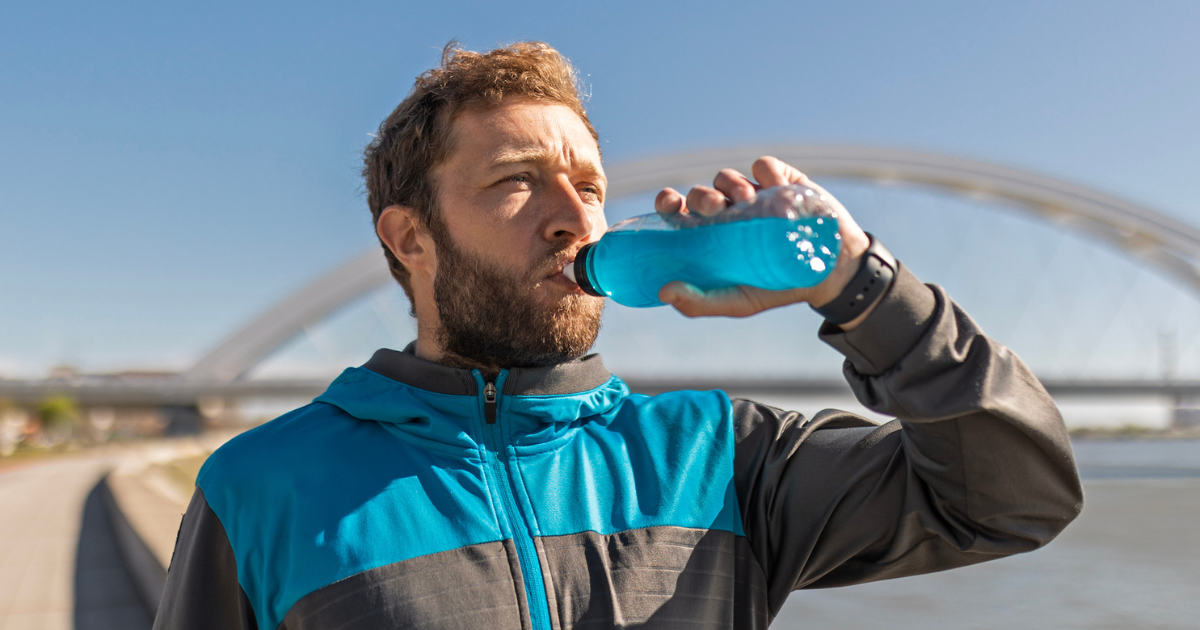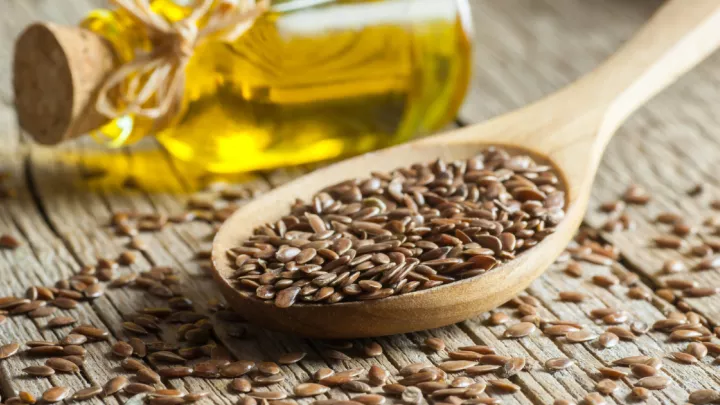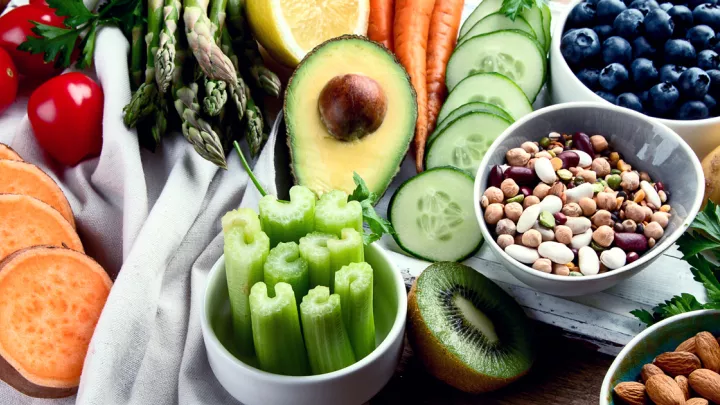Do artificial sweeteners cause cancer?

Written by Sarah Burwell, MMN, RDN
It seems as if most people have been affected by a cancer diagnosis, whether it’s them or someone they love. Many are asking if the foods we eat, like dairy, coffee or seed oils, cause cancer.
But can sweet and calorie-free artificial sweeteners cause cancer? While many studies have looked into this concern, there is still no strong evidence that they do.
What are considered artificial sweeteners?
Artificial sweeteners are also called non-nutritive sweeteners or sugar substitutes. Most artificial sweeteners are much sweeter than regular sugar and offer few or even zero calories. Many artificial sweeteners are on the market, such as Splenda, Stevia, or Aspartame. Some are derived from natural plants, and others are created to be extra sweet in small amounts. For example, aspartame is made by combining two naturally occurring amino acids, aspartic acid and phenylalanine.
Where are artificial sweeteners found?
Many so-called diet or sugar-free foods contain artificial sweeteners, but be aware that they are also found in many foods and drinks that are not labeled this way. Foods like yogurts, juices, breads, flavored coffee drinks or cereals can also contain artificial sweeteners. If you read the labels, you’ll quickly notice how many artificial sweeteners are on a grocery store shelf.
Are artificial sweeteners safe?
The FDA approves what artificial sweeteners are safe based on current research. Those that are FDA-approved have not been shown to cause harmful effects when consumed within “normal” levels. In other words, use in moderation. If you choose to use artificial sweeteners, the Academy of Nutrition and Dietetics recommends this approach.
Things to keep in mind:
- Eating large amounts of added sugar comes with health risks.
- Artificial sweeteners (in moderation) can help you replace added sugar, which can help reduce your risk of cancer, heart disease and diabetes.
- Whenever possible, try sweetening foods by adding naturally sweet foods instead, like adding fruit to your yogurt or water. This way, you get additional health benefits from the fruit while adding sweetness.
How can I decrease my cancer risk?
We recommend many ways to reduce your cancer risk. In short, focus on:
- Eating a diet rich in whole grains, fruits and vegetables.
- Avoiding processed foods.
- Maintaining a healthy weight.
- Staying physically active.
- Limiting your alcohol intake.
- Eliminating smoking.
Read more about cancer prevention questions regarding organic foods and plant-based foods.
Call 402.559.5600 to schedule an appointment with our Cancer Risk and Prevention Clinic. The clinic offers personalized risk assessments, strategies to reduce risk and recommendations for proactive screening.







